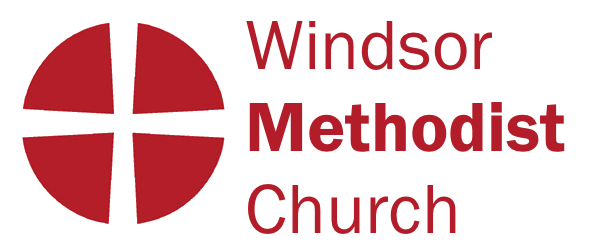Friends
When I was at primary school, we would colour in a piece of paper in thick rainbow colours and then colour that over with black crayon. Then we would use something sharp and pointed, perhaps the end of a set of compasses, to draw into it, the black crayon would reveal the colour underneath and we would end up with multi-coloured pictures. When we talk about Jesus dying so that our sins are forgiven, or our being “washed in the blood of the lamb” we are using language that tries to explain that underneath the stuff that gets in the way of God and our relationships with other people there is a beautiful and wonderful person – the Bible tells us that we are “fearfully and wonderfully made”. The word “fearfully” here means “awe-inspiring” and God is working with us all the time to cut through that crayoned top layer of mess and sin and confusion and get to the beautiful stuff underneath that he knows is there because he put it there.
Sometimes, part of what gets in the way between us and God or us and healthy relationships with the rest of the world, is pain – physical pain, mental pain, the pain of grief. I am always moved by the many ways in which some people are able to take the pain of grief and cut through the top layer to the beauty underneath it by doing something good in memory of the person who has died. On Sunday at Windsor, Carolyn Keston from Rosie’s Rainbow Fund will be coming to speak to us during the service and her story is in that mode – I hope that all the Windsor folk reading this will try to attend.
However, it’s not just the big things that we want God to cut through to but the gentle, ongoing trying and trying again to do our best in the face of difficulty. In the words of the old hymn: “I trace the rainbow through the rain, and feel the promise is not vain that morn shall tearless be.” There is a feeling of worry in many of our churches at the moment around dwindling numbers, and so in particular I would encourage you to cut through that by marking in your diaries the next two big circuit events: The Easter Offering Service at 3pm on the 12th of May at Hampshire Avenue and the Circuit Musical production “Alive to Tell the Story” at 3pm on the 23rd of June at Windsor. Christ is the light in the darkness and the rainbow at the end of the storm.
God bless, Vicci

